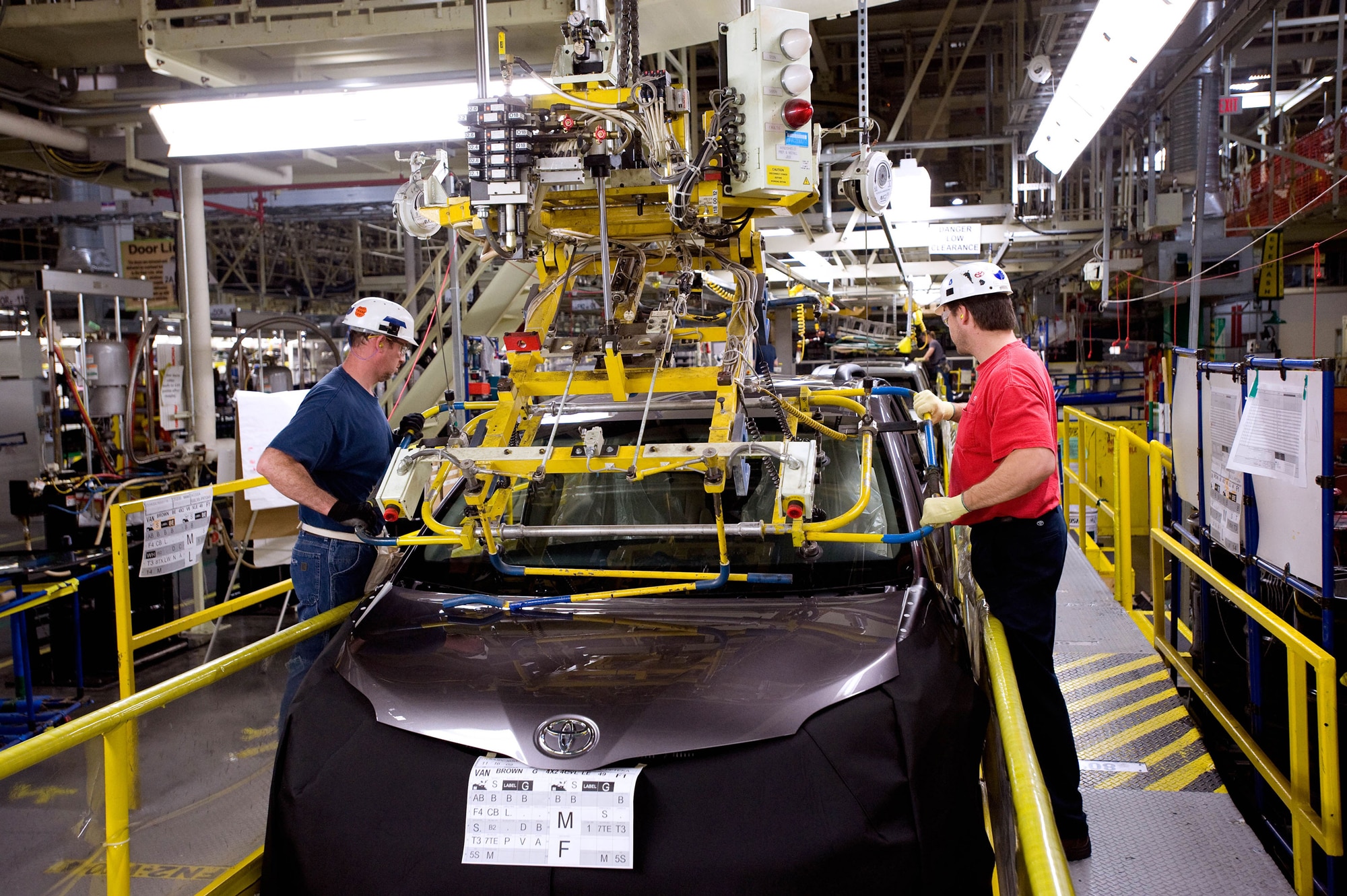Has Auto Glass Gotten Softer?
Find out if today’s windshields crack or pit more easily than glass in the past and what steps you can take to fix or find the correct replacement.
 Toyota
Toyota
Article QuickTakes:
Look around the internet, and you'll run into a number of posts from frustrated owners asking if the quality of windshield glass has taken a tumble. Specifically, drivers claim that chips, pitting, and cracks are increasingly common for windshields, suggesting that auto glass has somehow gotten "softer" over the past few years.
Dig a little deeper, however, and you'll discover that these complaints are nothing new, with similar postings going back more than a decade. As it turns out, several factors play into why a windshield might become damaged in a short time. Fortunately, some steps can be taken to help mitigate some of the risks.
The Physics of Impact
The type of glass used in windshields hasn't changed much during the modern era. Windshields are still composed of two panes of glass with a layer of polyvinyl butyral between them, bonded together to help them stay intact during an impact. This also adds to the strength necessary to support a car’s roof during a rollover, not to mention that lamination makes repairing chipped windshields possible by injecting transparent patches.
However, how glass is deployed in the design of a vehicle is a moving target. The steeper the windshield angle, the more vulnerable it is to damage. Vehicles that have large, upright windshields (such as pickups and larger SUVs) force the glass to absorb more energy when hit by a rock or other debris out on the road. In comparison, cars with a more tilted angle (like sedans, coupes, and sports cars) can deflect some of that energy.
Because trucks and SUVs are significantly more popular than traditional cars in the current market, it's an easy explanation why windshield damage appears to be more common. In fact, there are so many sport-utilities and pickups out there that the natural advantage of their taller ride height helping to protect windshields is being overwhelmed by their sheer numbers.
Is Aftermarket Glass Weaker than the Original Automaker’s Glass?
There's no easy way to determine whether aftermarket replacement glass is better or worse than a vehicle's original glass when having your windshield repaired, as manufacturing quality can vary from company to company. Some automakers recommend "factory" glass. Others state that third-party glass meets all safety, dimensional, and strength requirements equivalent to the original glass.
How Can You Protect Your Vehicle’s Windshield?
How you drive can also play a role in avoiding windshield damage.
Increasing the following distance between you and the car ahead on the highway can help rocks bounce harmlessly under your vehicle rather than rocket directly into the windshield. This is especially true when traveling on gravel roads or during the winter when road sand or grit has been applied to the road surface.
Avoiding extreme temperatures can also extend the life of a windshield. A car that sits under the hot sun all day long can see glass expansion that weakens its overall strength, making it more vulnerable to chips and cracks.



